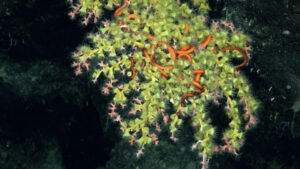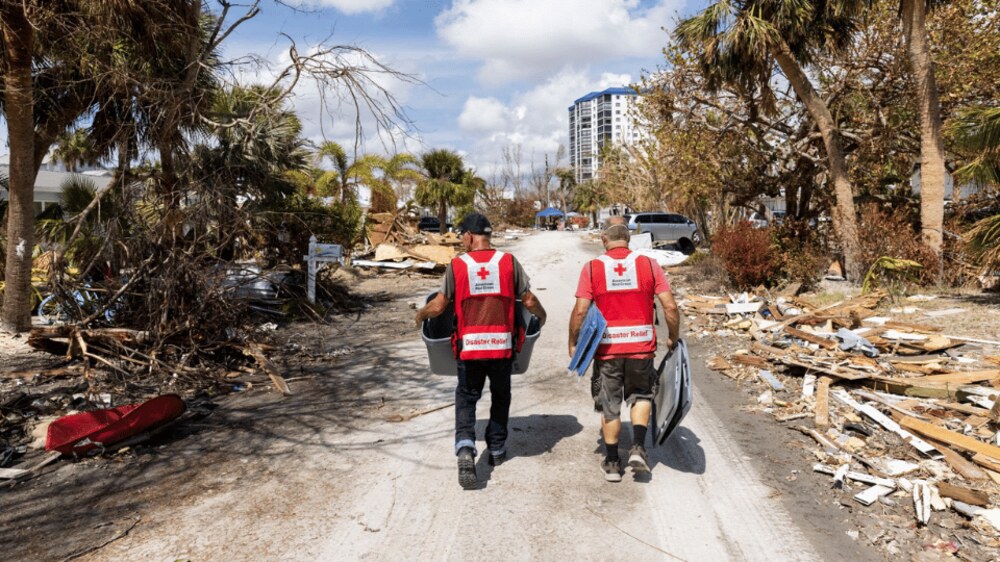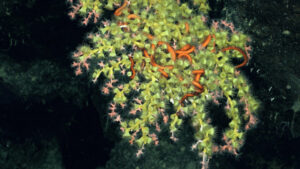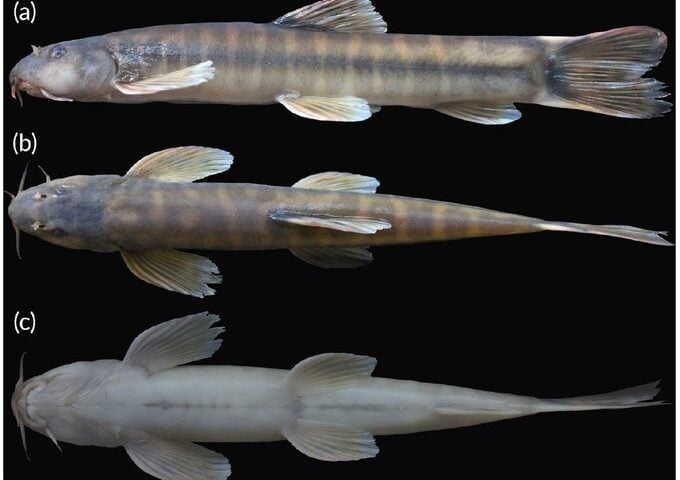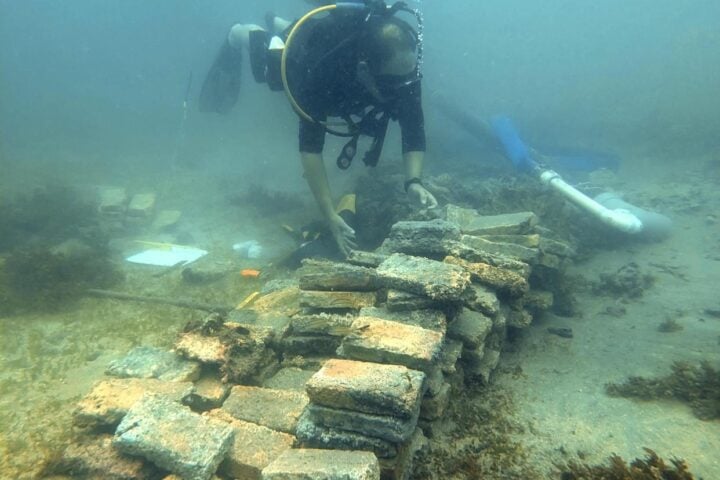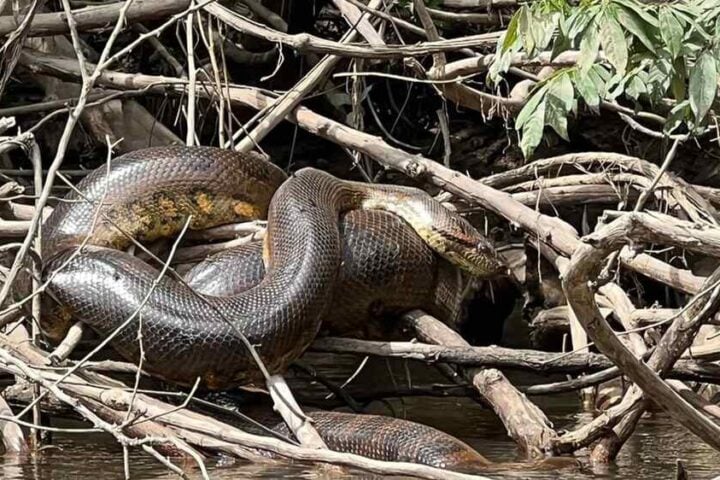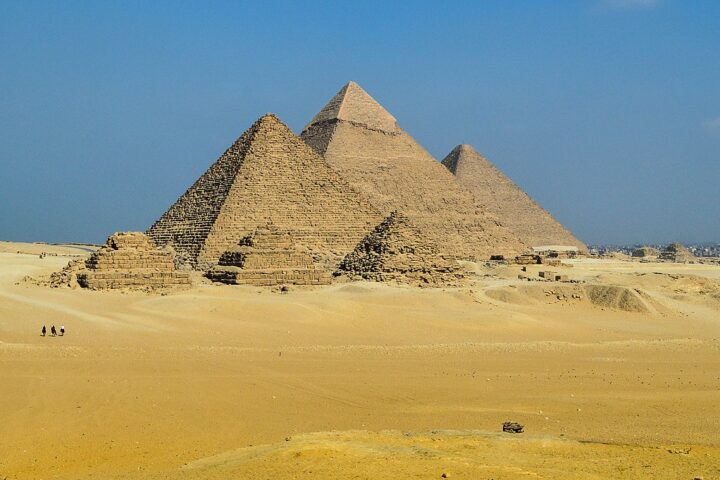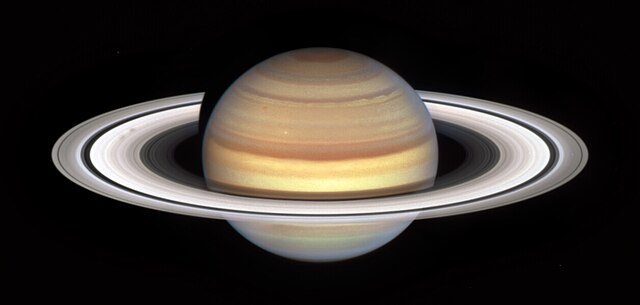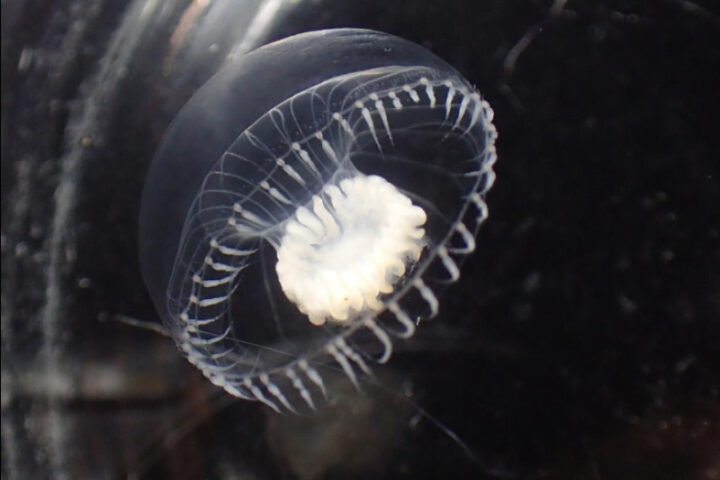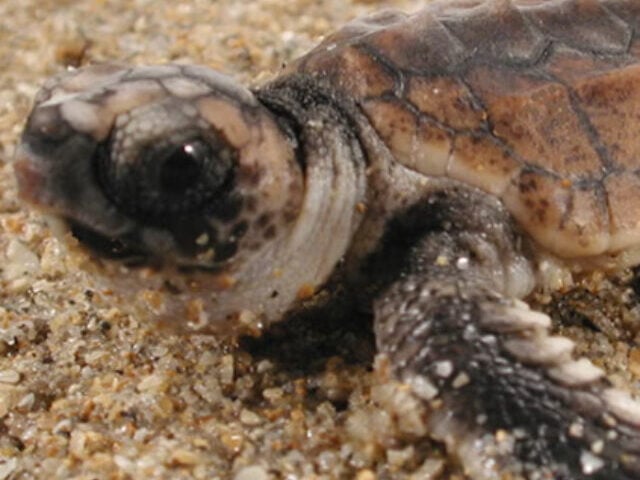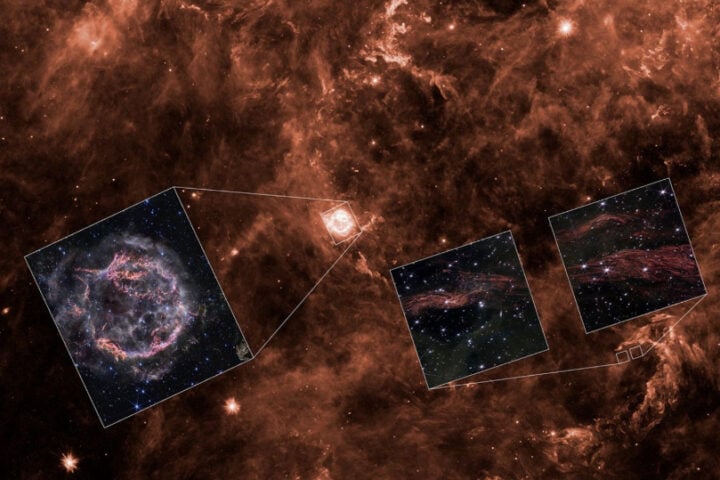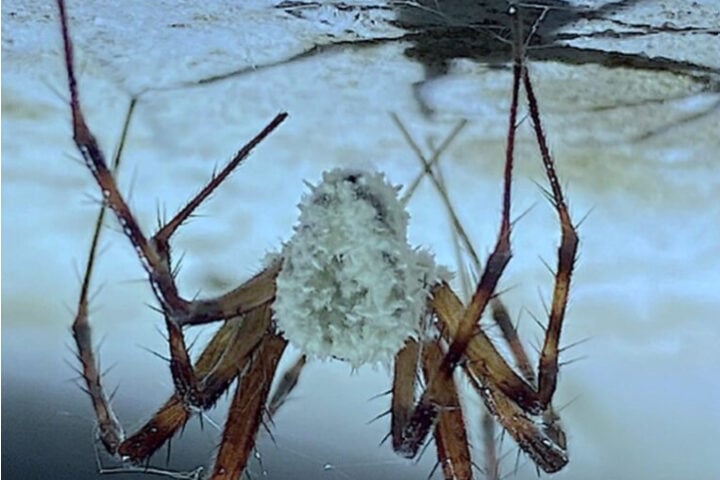In the depths of the Galápagos, a realm teeming with mystery and marine marvels, scientists have made groundbreaking discoveries. Off the iconic islands, two pristine cold-water coral reefs, stretching 800 meters and 250 meters respectively, were unveiled. These reefs, thriving at depths between 370 to 420 meters, are biodiversity hotspots, likely nurturing marine life for millennia. This revelation, made possible by the Schmidt Ocean Institute’s ROV SuBastian, marks a significant expansion in our understanding of the Galápagos Islands Marine Reserve’s deep reefs.
The expedition, which started on September 18, 2023, was led by Dr. Katleen Robert and included 24 scientists from 13 organizations. They used cutting-edge laser scanning technology to create highly detailed two-millimeter resolution maps of these reefs, a leap forward in underwater mapping. The findings, hailed as vital for both scientific understanding and effective ecosystem protection, highlight the dynamic geological processes shaping these deep-sea environments. Danny Rueda Córdova, director of the Galápagos National Park Directorate, emphasized the critical role of such research in safeguarding biological diversity and ecosystem resilience.
The team also ventured into the Isla del Coco National Marine Park, managed by Costa Rica, exploring seamounts and examining the connections between coral communities in both regions. Their observations of egg-laden deep-sea coral species contribute valuable data to the management of the Eastern Tropical Pacific Marine Corridor. Stuart Banks from the Charles Darwin Foundation underscored the significance of these discoveries for understanding ocean health and managing marine protected areas across the Eastern Pacific.
In a separate but equally mesmerizing discovery, scientists on a Schmidt Ocean Institute expedition identified a new hydrothermal vent field, larger than a professional soccer field, in the Pacific Ocean off the Western Galápagos. The field comprises five geyser-like chimneys and three hot springs, with temperatures reaching a scorching 288 degrees Celsius (550 degrees Fahrenheit). This discovery, after a 43-hour exploration by ROV SuBastian, unveils a 9,178 square meter vent field, marking the longest dive in the robot’s seven-year history.
The expedition, initiated on August 13, 2023, saw a collaboration of renowned institutions, including the University of Rhode Island and Lehigh University. Dr. Roxanne Beinart and Dr. Jill McDermott led the team, which relied on squat lobsters to locate the vent field, a process they described as challenging due to the clear fluids emitted by the vents, unlike the more visible ‘black smokers’. This exploration significantly contributes to our understanding of hydrothermal vents’ role in global chemistry, geology, and biology.
These discoveries not only enhance our knowledge of marine ecosystems but also highlight the crucial role of interdisciplinary research and collaboration in uncovering the planet’s hidden treasures. Stuart Banks and Dr. Jyotika Virmani from the Schmidt Ocean Institute emphasized the importance of these findings for comprehensive ocean management and ongoing conservation efforts. They also noted the vast unexplored seafloor, revealing much more to be discovered about our planet and its inhabitants.
